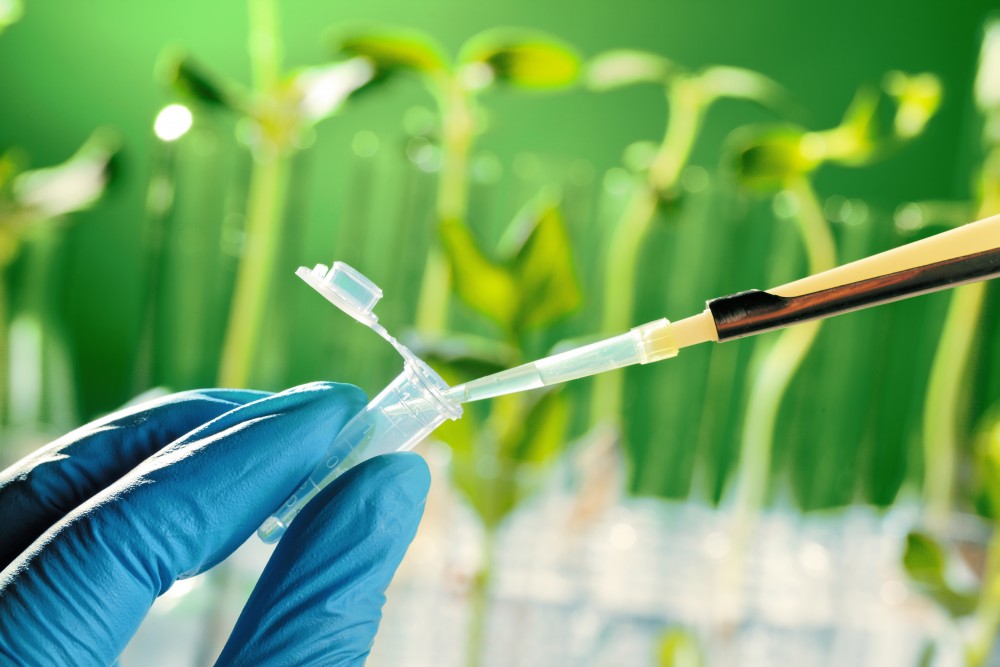Genetically modified organisms (GMOs) are the result of genetic engineering wherein the genetic codes of animals, plants, and microorganisms are changed with the use of technology. The most common species that are genetically modified are plants or crops. Producers cite improvement of crop protection which will result in higher yields of these crops as the main objective for modifying their genes. They introduce the development of resistance to certain viruses and diseases in plants in the hope of producing healthier and bountiful crops. There are certain foods that are produced from GMOs. As such, systems and policies are in place to ensure the safety and security of food production. Authorities are watchful on the possible effects of GMOs on the health of the people and the safety of the environment. The World Health Organization adheres to the principles and standards of Codex Alimentarius Commission in conducting safety assessments in the use of GMOs. This also serves as a guide for countries in evaluating and labeling GMOs used in food production.

There is much controversy in the use of GMOs. Supporters of the use of GMOs, particularly in crops, maintain that the public does not have access to the information that they need for them to understand GMOs and the benefits that they bring. Some people believe that using GMOs on their food will give them illness. However, government agencies such as the U.S. Food and Drug Administration, Department of Agriculture, and Environmental Agency have tested GMOs that are used in foods before they are allowed to be sold for public consumption to ensure their safety. Supporters cite the benefits of GMOs such as an increase in crop yield and decrease costs and lose in production. Meanwhile, critics believe that GMOs pose risks to the health of the people, environment, food security, and threaten the sovereignty of the farmers. They support the traditional method of seed breeding and organic agriculture for the public to have food choices that are healthy and safe. Critics contest the possible toxic effects on people’s health, allergic effects, nutritional properties, the constancy of the selected gene, and other unintentional effects of the genetic modification. In the meantime, the public is left to weigh the benefits and risks of this new technology that is available to us.










